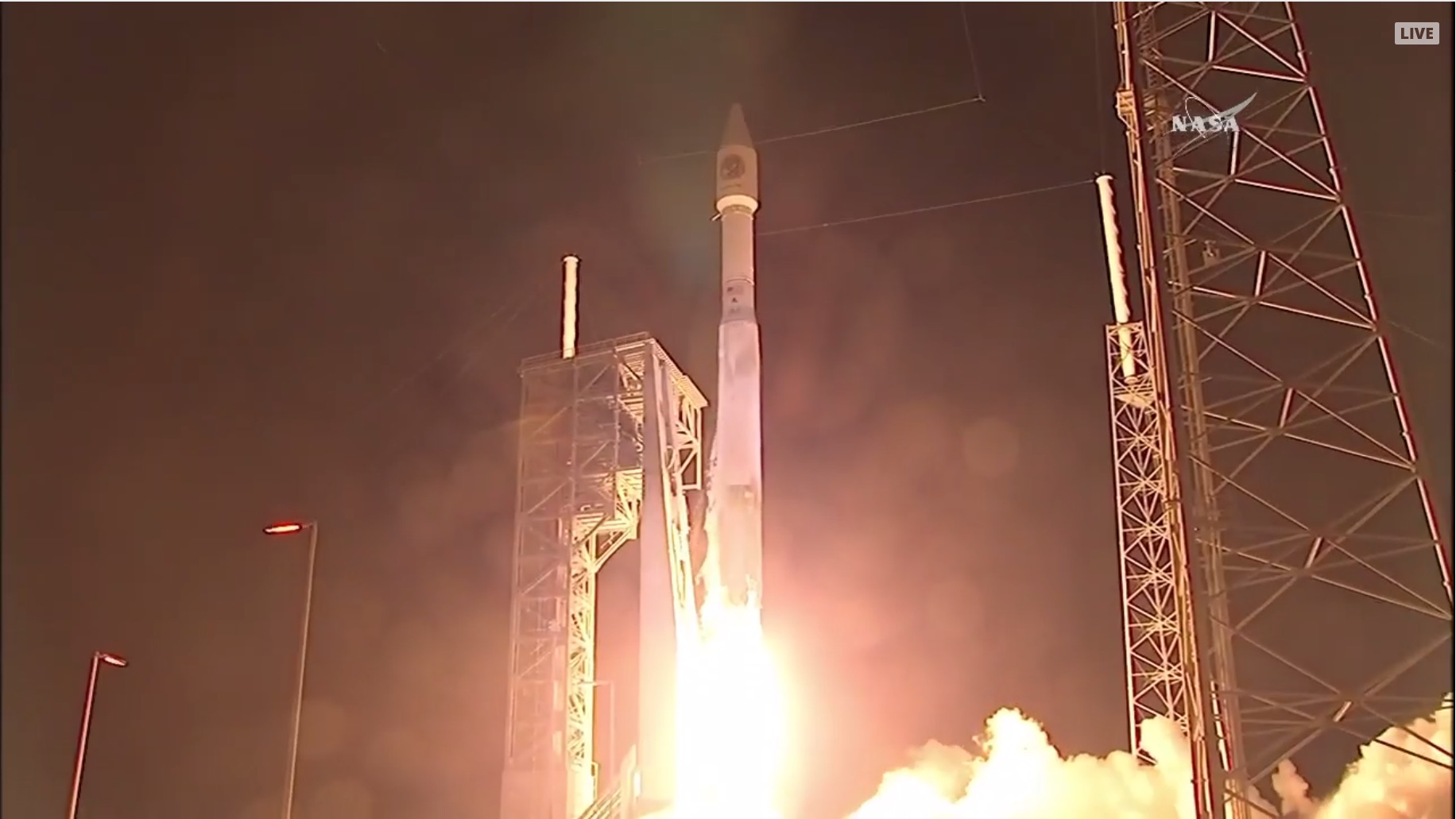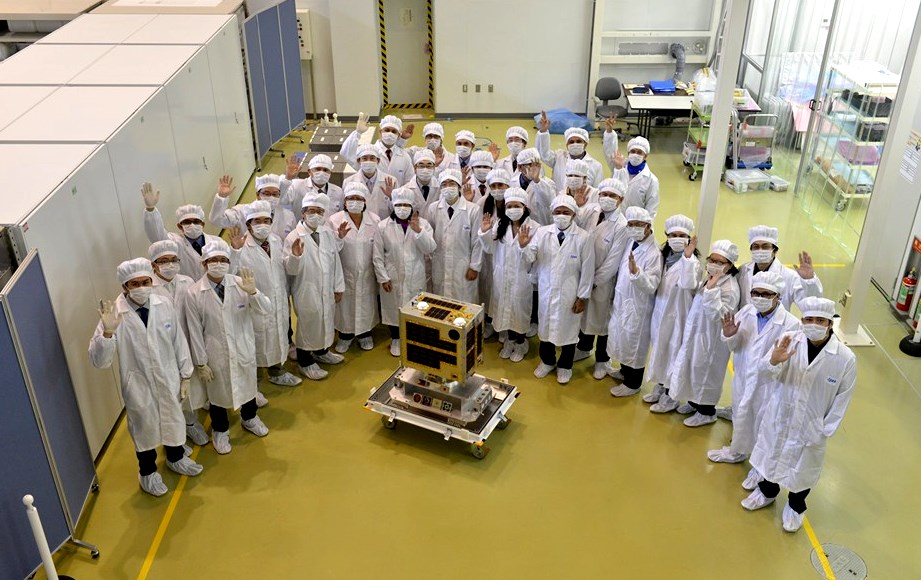Diwata I Engineers Hit DOST
As Diwata-I, the first microsatellite of the country, successfully took off, at least two engineers who worked on the project aired their sentiments to social medial for the Department of Science and Tehcnology (DOST) for supposedly not giving them full credit and enough compensation for their contribution.

UP-Diliman BS Electronic and Communications Engineer graduate Paolo Espiritu aired his grievances detailing the struggles that the Filipino engineers experienced just to finish Diwata-1 in just under a year, referring to it as a miracle.

He explained that microsatellites are normally developed within four to five years.
“It all started in 2014, when we were invited to work on the project. We have just finished our engineering degrees then, and naturally we were all excited to build the Philippines’ first microsatellite. But upon receiving the contracts, all of us were confused as to exactly what our involvement in the project is. All (that) the contract entailed was for us to receive a scholarship to study Aerospace Engineering in exchange for years of return service,” Espiritu posted.

Espiritu revealed that the contract provided to them require them to build a microsatellite without pay with four years of return service. He also aired that on paper, they were just students, not engineers and not even part of the project.
Upon reading the contract, Espiritu said they had asked the officials to revise the contract however they were encourage to sign the contact as they were promised that they will be “taken care of” when they fly to Japan for the making of the microsatellite.
Espiritu also claimed that from 2014 until the day that Diwata-1 was finally sent to space, they were still labeled as ‘students’ and the promised better contract was not materialized.
In the issue, the department responded that the Diwata-1 engineers were justly compensated on top of the full scholarship they received. DOST also said that the engineers were issued student visas in Japan and to pursue a master’s degree in relevant engineering courses.
“As scholars, the Diwata-1 engineers in fact receive stipends 35% higher compared to what a Monbusho scholarship provides. On top of that they also get additional compensation for their work in the development of the microsatellite,” the statement read.
DOST also stated that the opportunity recognizes the contributions of the scholars in nation building through science and technology and innovation.
Furthermore, the DOST also said that the term “student” is nor derogatory at all.
Source: http://newsinfo.inquirer.net/
